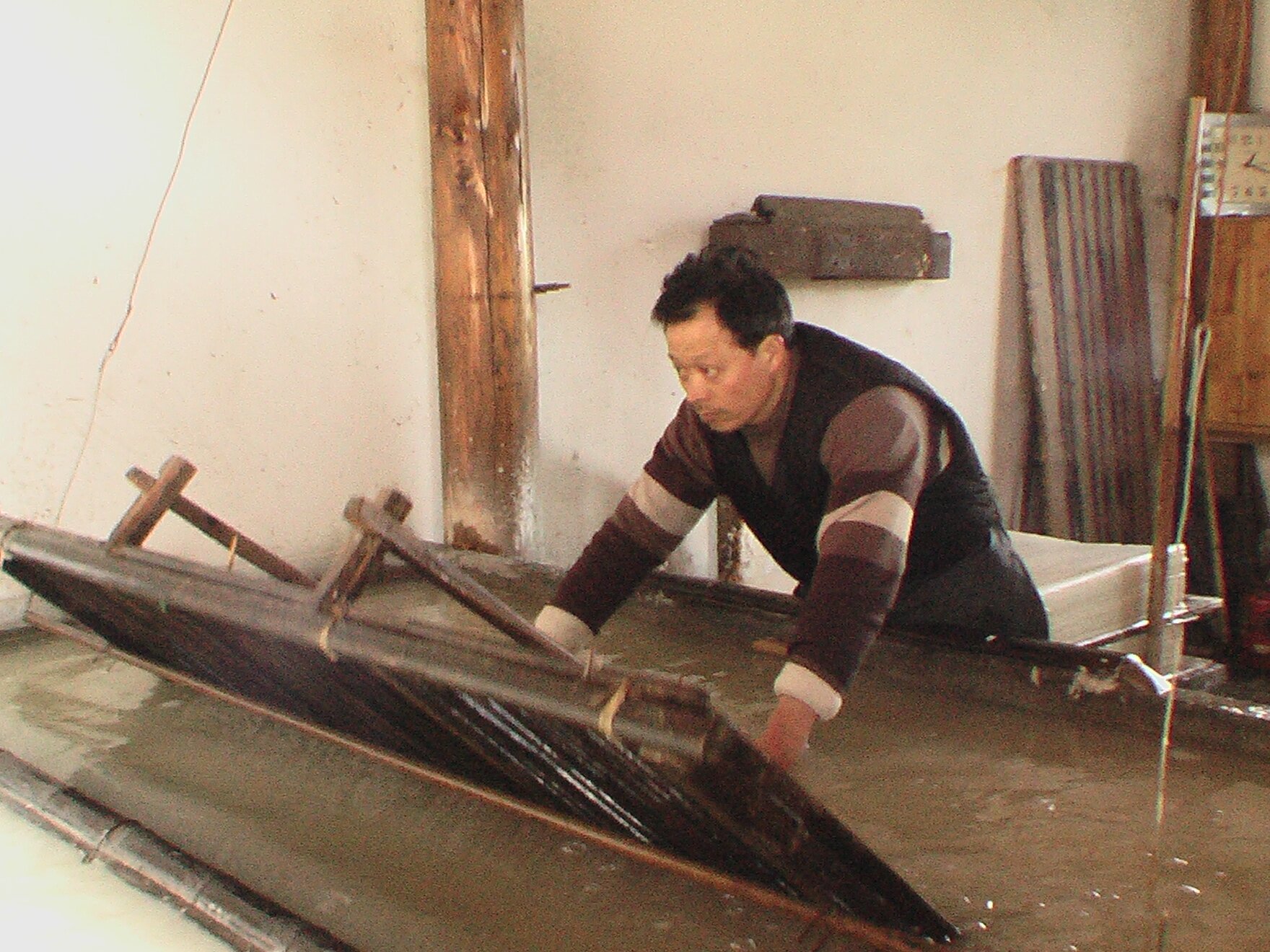One hundred and twenty organisations share a vision for sustainable production and consumption of paper
Today, together with our membership of more than one hundred twenty civil society organizations on six continents, we are proud to unveil a powerful new Global Paper Vision uniting a myriad voices currently challenging the paper industry to adopt more sustainable practices. This blueprint for change addresses priorities for social responsibility and environmental conservation in response to global paper consumption patterns and the industry’s influence on biodiversity, forest health, global warming, air and water quality and local communities.
The new Global Paper Vision harmonises several regional vision statements for industry reform around the world into a more coordinated effort to match the globalised supply chain for paper products and raw materials. The signatories of the Vision are known collectively for their successful efforts moving the marketplace to more sustainable products, reforming forest governance, securing improved forestry practices by the world’s largest paper companies and accelerating the transformation of the entire industry over the past decade.
The new Global Paper Vision identifies seven common goals among the organisations that are key objectives for change: reducing consumption; maximizing recycled content; ensuring social responsibility; sourcing fiber responsibly; reducing greenhouse gas emissions; ensuring clean production; and ensuring transparency.
“Paper use has social, environmental, and human rights implications and this vision points at ways to improve them all,” said Saskia Ozinga of FERN, based in the United Kingdom.
“Jikalahari realized one of the underlying causes of deforestation in Indonesia comes from activities of timber plantations to fulfill the world’s demand for pulp and paper, and that is why we need a Global Paper Vision,†said Woro Supartinah of Jikalahari in Indonesia’s Riau province, the province experiencing the most deforestation in the last two decades. “Pulp and paper industry expansion has been associated with social conflict, forest-fires, lost livelihood of local and forest dependent people, loss of biodiversity, violations of law, corruption and modern slavery. With this Global Paper Vision we hope to join a worldwide movement to make a change in the way forest dependent people have been treated and in the way the forest has been managed.â€
“By following the guidance of the Global Paper Vision, paper users can drive the market toward better paper products, which helps to reduce global warming pollution, save forests, conserve water and energy, and divert usable materials from incinerators and landfills,†said Darby Hoover of the Natural Resources Defense Council in the United States.
Collectively the signatories commit to developing collaboration and dialogue between NGOs, industry and other institutions; encouraging governments to develop legislative, fiscal and operational measures consistent with the vision; encouraging only responsible investment in the industry; articulating and implementing responsible procurement and purchasing guidance; monitoring the progress of all stakeholders towards the Vision; and campaigning to end socially and environmentally damaging activities by the pulp and paper industry.
The Environmental Paper Network will serve as a hub to facilitate collaboration and dialogue, identify and implement collective actions, host shared resources and monitor progress towards the Vision through publications such as the State of the Industry Report.
To read the complete Global Paper Vision and a list of signatories visit: www.environmentalpaper.org/Vision.
This information is available in Chinese here. (China is the biggest paper user and producer on earth).
The Environmental Paper Network is an international collaborative project of more than 120 organizations working for social and environmental transformation in the production and consumption of pulp and paper. Regional network leadership is provided by committees in Europe (environmentalpaper.eu), North America (environmentalpaper.org) and China (environmentalpaper.cn).
Â













